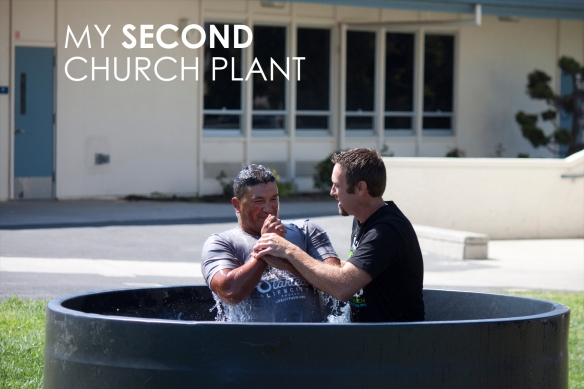 The word resolution comes directly from the word resolve. Setting goals, or resolutions, for 2015 or any other year is declaring that you are resolved to achieve that goal in that new year. As almost all of us know, New Years resolutions have become a bad joke for our general lack of commitment and follow through. Here are a few tips I would offer for how you can make your resolutions stick this year. Continue reading “Redeeming Your Resolution”
The word resolution comes directly from the word resolve. Setting goals, or resolutions, for 2015 or any other year is declaring that you are resolved to achieve that goal in that new year. As almost all of us know, New Years resolutions have become a bad joke for our general lack of commitment and follow through. Here are a few tips I would offer for how you can make your resolutions stick this year. Continue reading “Redeeming Your Resolution”
Category: Uncategorized
Looking Back/Moving Forward
 The one week gap between Christmas Day and New Years Day is right where my birthday lands on the calendar – December 27th. Today. I turned 33 this year. As per the nature of this specific week, adding my birthday in the middle of it tends to make me feel nostalgic over the previous 12 months, and also anticipate the coming year.
The one week gap between Christmas Day and New Years Day is right where my birthday lands on the calendar – December 27th. Today. I turned 33 this year. As per the nature of this specific week, adding my birthday in the middle of it tends to make me feel nostalgic over the previous 12 months, and also anticipate the coming year.
Looking over the 2014 calendar, my favorite memories easily include: Continue reading “Looking Back/Moving Forward”
My Second Church Plant
 I didn’t understand this when I set out to plant LifeCity Church – I couldn’t have understood. But I would quickly experience a tension that I believe every church planter encounters. This tension if not understood will lead to frustration, disappointment, and ultimately defeat. The reality is this:
I didn’t understand this when I set out to plant LifeCity Church – I couldn’t have understood. But I would quickly experience a tension that I believe every church planter encounters. This tension if not understood will lead to frustration, disappointment, and ultimately defeat. The reality is this:
Every church planter actually starts two churches. Allow me to explain… Continue reading “My Second Church Plant”

